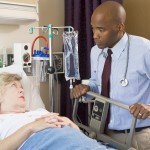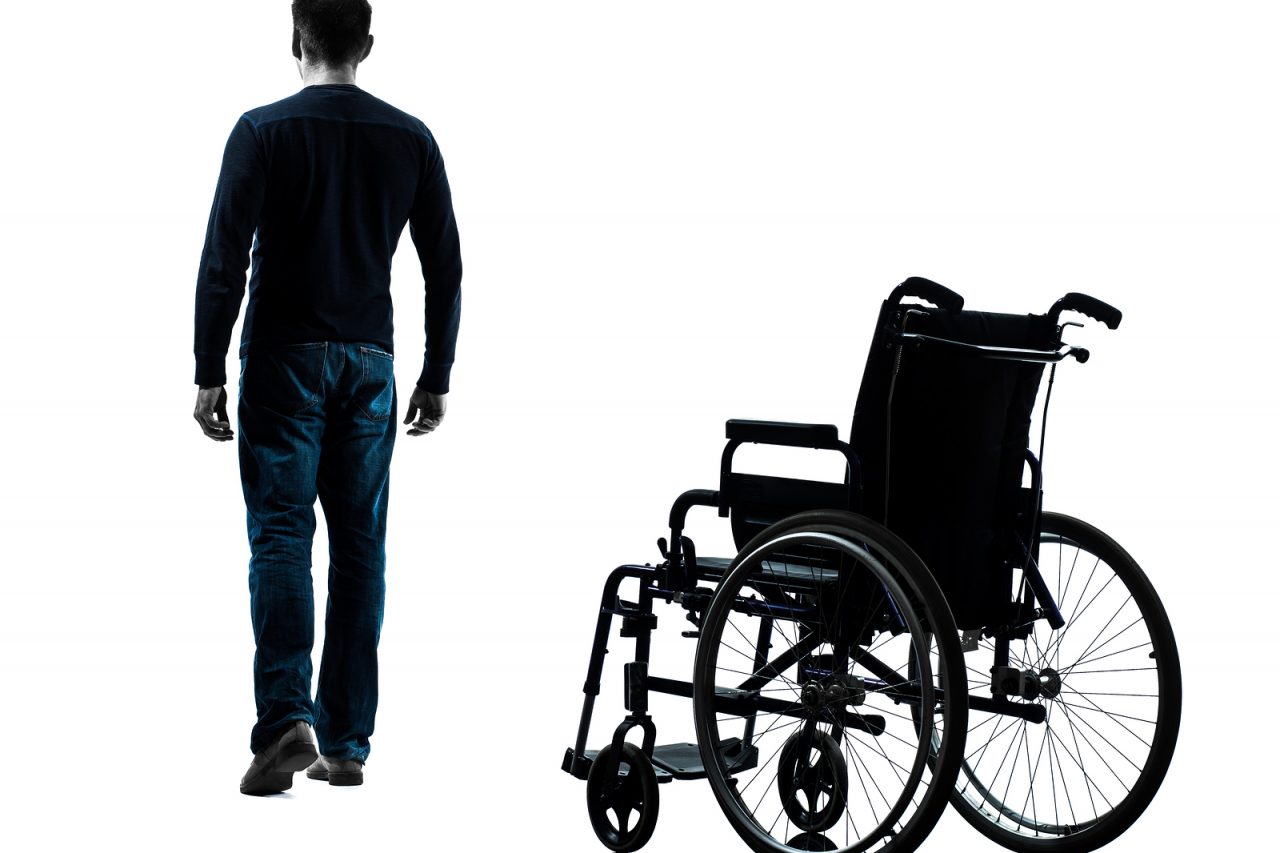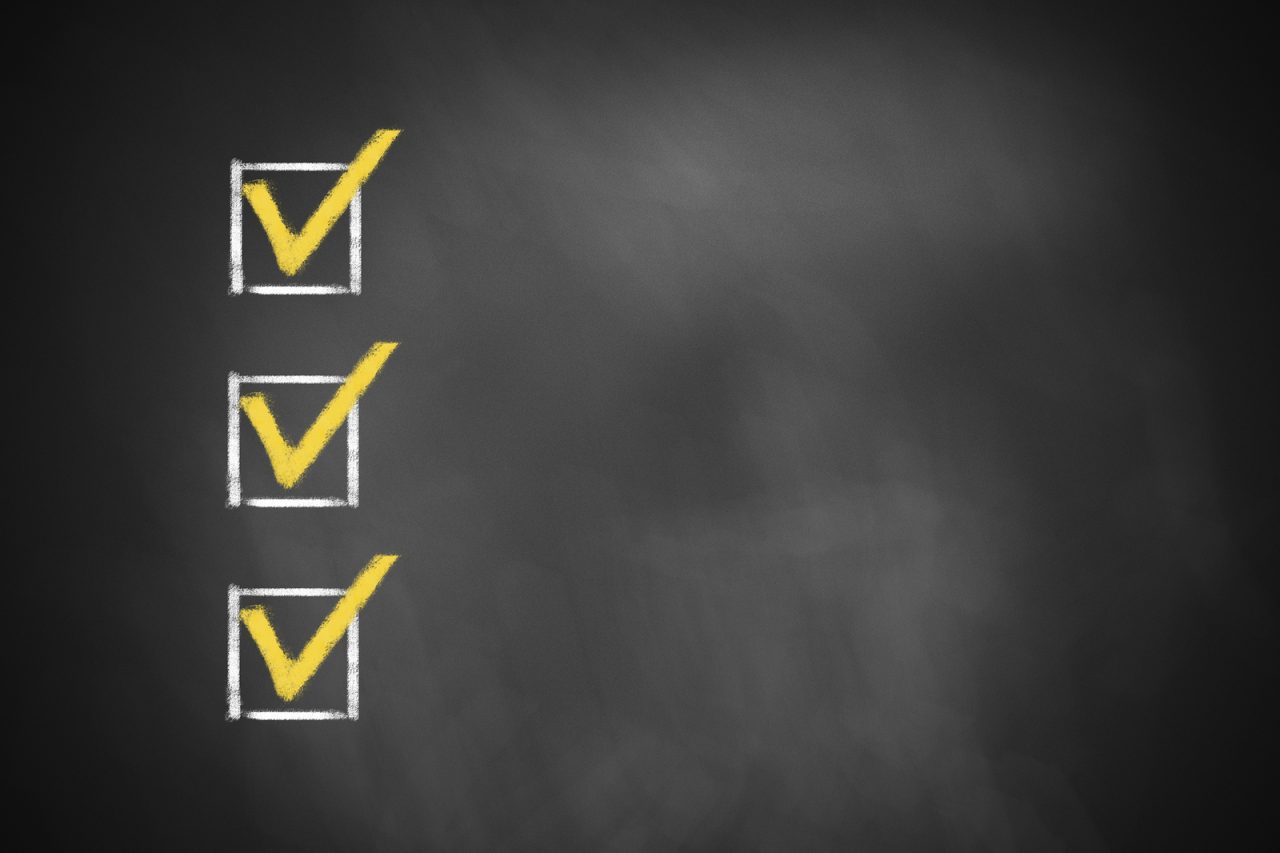What if there was an infection that can cause permanent nerve damage and pain? What if the virus could affect the eye and cause blindness or affect the brain and cause meningitis? What if the burning rash attacks almost half of all Americans sometime in their life? If you knew there was a vaccine which could protect you from that malady, would you get the shot? The disease is called Shingles or Herpes Zoster and despite a successful vaccine being available only five (5) percent of eligible adults have been inoculated. Have you?
When we were children most of us got the Chicken Pox infection, also called “Varicella.” This is caused by the Varicella-Zoster virus and results in a short illness with a rash and fever. Most children recover without difficulty, and often enjoy a brief respite from school. The interesting thing is that we never get rid of the virus. It hides in the bodies of nerve cells next to our spine or face. We live our whole lives never feeling that dormant infection.
Sometimes, as we get older, that same virus can burst out of the nerve in which it has been sleeping. At age 30 healthy persons have a 1 in a 1000 chance each year of the Chicken Pox virus awakening. By age 65, it happens to more than 1 in a 100 each year. If we become ill, in almost any form, there is a further increase in the chance of the painful droplets breaking out on our skin. This is because of weakness in our immune system. If we live to be 85, more than half of us will get Shingles.
As the virus has been hiding in a nerve, the rash will follow the length of that nerve. If the nerve is on a leg, Shingles will be a red band with little bubbles (also known as vesicles or pox), along the leg. On the chest or arm the rash will follow the nerve like a stripe. If it affects the nerve that crosses the front of the eye, it can cause painful, scarring injury to the front of the eye (cornea). Because each nerve covers only half the body, the clue to a shingles rash is that it stops exactly at the middle of the body and affects only one half.
There are several stages of a zoster attack. First, before there is any rash, there is numbness, burning or sharp pain. It can be confusing to have an intense pain without any obvious injury. Early shingles pain over the left chest is often confused with a heart attack. Then a day or two later little clear fluid filled bubbles appear. They gradually form a continuous stripe rapping around half the body. Usually, the rash never leaves this one area. Rarely, in patients with severe immune problems like leukemia, lupus or HIV, the virus can spread over the body like a severe case of Chicken Pox.
As long as there are fluid filled bubbles the patient is contagious. However, they are not contagious for Shingles. You cannot catch Shingles. They are contagious for Chicken Pox. If a patient with Shingles encounters someone who has never had Chicken Pox, then they can give that person Chicken Pox. Eventually the bubbles dry up. However, because the infection has burst out of the nerve there may be extended or even permanent pain in the nerve. In some individuals this can be incapacitating or require long term pain medicine. This is known as Post-Herpetic Neuralgia.
Obviously, Herpes Zoster is a condition which none of us ever wishes to acquire. One way to protect ourselves is to never get Chicken Pox. For children, who can be protected by the Chicken Pox vaccine this is a reasonable approach. However, for most of us adults who had Chicken Pox when we were young, this is an impossible solution. In fact some scientists believe that adults who had the Chicken Pox infection as children can be protected from getting Shingles by occasionally being exposed to a child with an active Chicken Pox infection. Therefore, as more children are vaccinated for Chicken Pox there may be an increase in Shingles. Fortunately, there are alternatives.
The best solution is the Shingles Vaccine. Manufactured and sold as Zostavax, the vaccine is recommended by the CDC for use by healthy people 60 years or older. The ACIP recommends it for anyone 60 or more who has previously had Shingles, had any chronic medical condition or lives in a long term care facility. Zostavax decreases the chance of getting Shingles by 50% and decreases the chance of permanent pain if you do get the rash by 70%. Zostavax is a single shallow subcutaneous injection and is not repeated. This is a live vaccine, so cannot be given to someone who already has a suppressed immune system. The main side effect is irritation at the injection site and a 2% chance of a flu like syndrome. Zostavax cannot be used to treat an active Shingles infection.
If you do get Shingles, contact your doctor immediately. Oral antiviral medicines started within the first 72 hours of the breakout, reduce the chance of nerve damage and pain. These medicines also decrease the severity and length of a zoster attack. Many doctors also put patients with a Shingles attack on steroids because this may also prevent Post Herpetic Neuralgia. This is somewhat controversial, because of the potential side effects of steroids. If there is involvement in or next to the eye, it is vital to see an ophthalmologist immediately.
Shingles, Herpes Zoster, is a self-limited painful rash that can cause permanent injury. It can make anyone’s life a little harder, especially if they are already dealing with other medical problems. If you are over 60, talk to you doctor about being vaccinated.







8 Comments